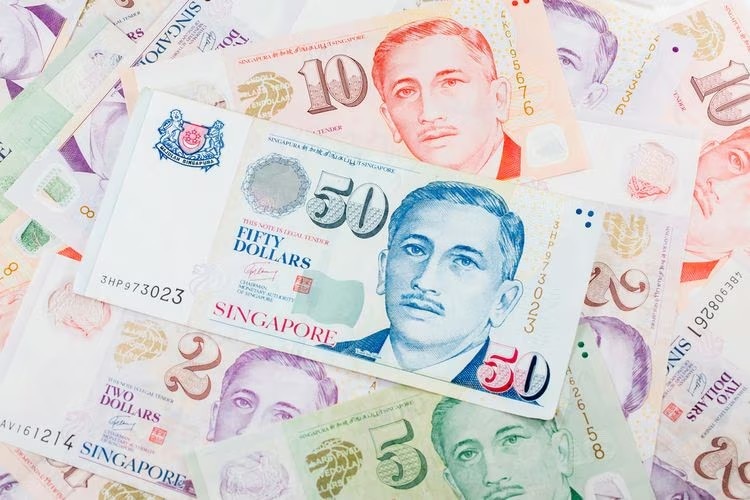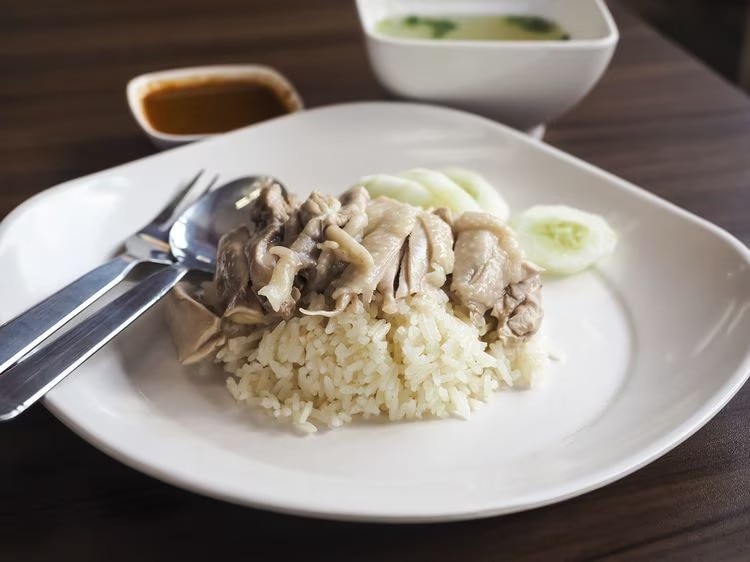-
2026/03/19
Los Angeles(LAX) -
2026/03/22
Singapore
(Updated: July, 04, 2025 13:01)
Singapore Travel Tips and Information
Official Name
Republic of Singapore
Capital
Singapore
Population
Country Code
Approximately 6.04 million people
SG
Country Code (international calls)
+65
The flight time to Singapore is approximately 18~21 hours. Check the climate, currency, religion, manners, other information of Singapore below. Wishing you pleasant travels to Singapore.
Singapore is a small island nation at the southernmost tip of the Malay Peninsula. It is a multiethnic city-state with a population mainly of ethnic Chinese and Malays.
Compare Airfares for Flights to Singapore
Compare Airfares for Flights to Singapore
Compare Airfares for Flights to Singapore
Compare Airfares for Flights to Singapore
Local Climate / Weather
Singapore enjoys a tropical rainforest climate with warm temperatures ranging between 25°C to 32°C (77°F to 89°F) year-round. The city-state experiences high humidity and occasional rainfall, making it essential to plan ahead based on weather patterns. There are two primary monsoon seasons: the Northeast Monsoon (December to March) brings heavier rains, while the Southwest Monsoon (June to September) features scattered showers and thunderstorms. For travelers, the best time to visit Singapore is between February and April, as the weather is more predictable with fewer rainy days—perfect for outdoor attractions like Gardens by the Bay and Sentosa Island. While November to January can see more rainfall, Singapore's many indoor attractions, such as malls, museums, and the S.E.A. Aquarium, ensure there’s plenty to do even on rainy days. Travelers should also note the August to October haze season, which can affect air quality. Singapore’s cultural festivals and events add to the city’s charm. Highlights include Chinese New Year (January/February) with festive markets and lion dances, Hari Raya Aidilfitri (end of Ramadan) with vibrant bazaars, and Deepavali (October/November) with colorful street displays. For motorsport enthusiasts, the Singapore Grand Prix in September offers a thrilling night race, while August 9 marks National Day, with parades and fireworks lighting up Marina Bay. Shoppers can take advantage of the Great Singapore Sale (June to August), making it a popular time for visitors seeking bargains.
Currency & Tipping
Currency
The official currency is the Singapore Dollar (SGD), commonly abbreviated as S$. Coins are available in 1, 5, 10, 20, and 50 cents, while banknotes come in denominations of S$2, S$5, S$10, S$50, S$100, and S$1,000.
Tipping
・Tipping is not customary: Tipping is not expected in Singapore. Most restaurants and hotels include a 10% service charge in the bill, along with 7% GST. ・Restaurants: If there’s a service charge, additional tipping is unnecessary. However, you can leave small tips for exceptional service at upscale establishments if you wish. ・Hotels: Some guests may tip S$2 to S$5 for porters or housekeeping, but it’s not obligatory. ・Taxis: It’s common to round up the fare, but drivers don’t expect a tip. ・Tour guides: Although not mandatory, a small token of appreciation (S$5 to S$10) is welcomed for guides who provide excellent service.
Useful Travel Information

Voltage & Electrical Outlets
・Voltage: Singapore uses 230V with a frequency of 50Hz. ・Plug type: The standard socket is Type G (three rectangular prongs), the same as in the United Kingdom. ・Travel adapters: Travelers will need a Type G adapter if their devices use different plugs, as outlets in the typically Type A or Type C.

Internet Connectivity
・Wi-Fi availability: Singapore offers free Wi-Fi in many public places, including malls, airports, and restaurants. Travel SIM cards and eSIMs: Prepaid SIM cards with data plans are available at Changi Airport and convenience stores, providing affordable mobile internet access. ・Wi-Fi hotspots: Apps like Wireless@SG allow visitors to connect to free public Wi-Fi throughout the city. ・Pocket Wi-Fi: Travelers who need constant internet access can rent portable Wi-Fi devices from airports or rental services.
Water for Consumption (Drinking Water)
・Safe to drink: Tap water in Singapore meets World Health Organization (WHO) standards, making it safe for drinking. ・Reduce plastic waste: Visitors are encouraged to refill water bottles at drinking fountains found in public areas, hotels, and airports. ・Bottled water: Although not necessary, bottled water is widely available at convenience stores and supermarkets.
Culture, Religion & Social Etiquette
Culture
Singapore is a multicultural hub with a harmonious blend of Chinese, Malay, Indian, and Western influences. Festivals like Chinese New Year, Hari Raya Aidilfitri, and Deepavali reflect the city’s diversity and vibrant traditions.
Religion
The major religions in Singapore include Buddhism, Islam, Hinduism, Christianity, and Taoism. Religious tolerance is highly valued, and visitors are welcome to explore temples, mosques, and churches.
Social Etiquette
Singaporeans value politeness, punctuality, and respect for rules. Avoid littering, chewing gum in public, or speaking loudly on public transport to follow local customs.
Food Culture
The food culture in Singapore reflects its rich multicultural heritage, featuring iconic dishes like chicken rice, laksa, and chili crab, with vibrant hawker centers and street food stalls offering a variety of affordable and delicious meals. Travelers can explore popular spots such as Maxwell Food Centre for authentic local fare or dine at well-known restaurants like Jumbo Seafood to enjoy Singapore’s famous chili crab, making the city a paradise for food lovers seeking both casual eats and fine dining experiences.
Travel FAQs
What is the safety situation in Singapore like? What should visitors be careful of?
Singapore is extremely safe with low crime rates, but visitors should still be mindful of rising scams, occasional theft in busy areas, and road safety concerns, especially involving pedestrians and motorcyclists.
How much tip should I give if I'm staying in Singapore for multiple nights at a hotel?
Tipping is not a custom in Singapore. However, if you receive good service, it is a good idea to give a tip of about SGD$1 as a token of appreciation.
Is English spoken in Singapore?
In Singapore, English is the primary language used for business, education, and government affairs, making it easy for travelers to communicate during their visit.
What are the main modes of transport in Singapore?
The most common means of transportation are trains (MRT) and buses. Taxis are also convenient when you want to go to places that cannot be reached by bus or MRT.
When is the cheapest time to go to Singapore?
Generally, airfares to Singapore are cheapest in June and October. Summer and the New Year period are the most expensive.



